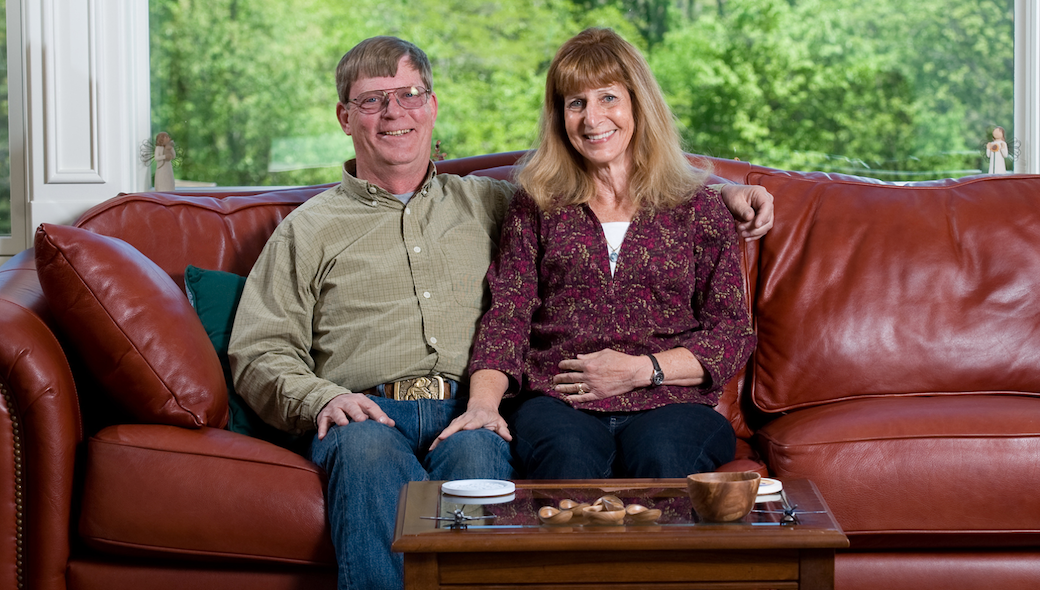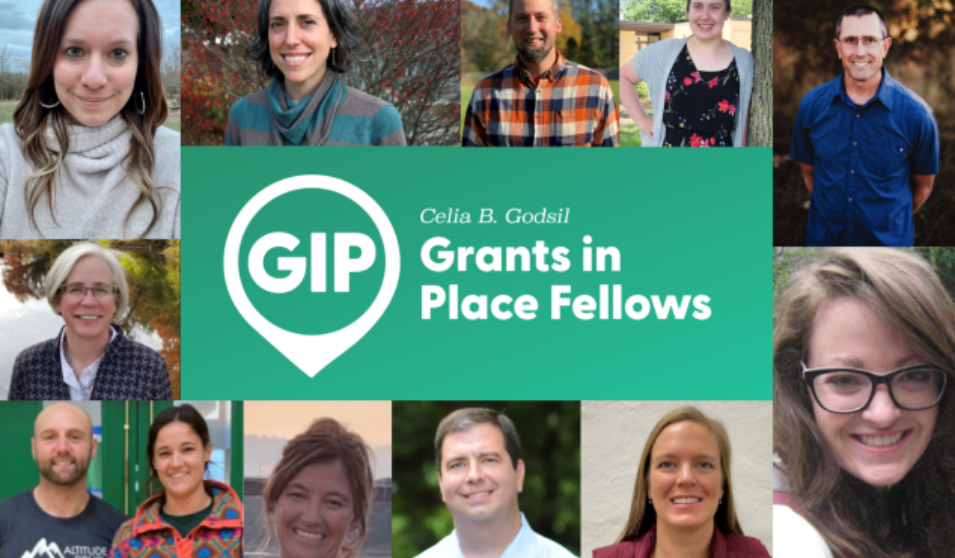The Rural Schools Collaborative’s Celia B. Godsil Grants in Place Fellows program provides grant awards to rural school teachers who engage their students in exemplary place-based learning projects. This year's eleven projects are all currently taking place and making an impact in their school communities this spring. Here is what a few of our current Fellows have accomplished so far:
Camille Dudrey & Dylan Bear, of Pinedale, Wyoming recently completed their Fuel Reduction project.
Dudrey, Pinedale Mathematics teacher and Bear, Pinedale Physical Education teacher brought their two classes together in a joint effort to help their local community and reduce risk of severe wildfires in their area. Students from Dudrey’s Probability and Statistic (P/S) classes worked in conjunction with Bear’s Life Sports (L/S) students to research and accomplish their tasks at hand. The P/S and (L/S classes) conducted a meta-analysis on fuel reduction and worked with local entities to clear an area of the forest appropriately according to the analysis.
During their process the students collected their own data in the field and created a professional presentation to share with the community after the work was complete. Students took part in helping with wildfire fuel reduction over the course of a few field trips. While at the burn sites they cleared any low branches, brush or natural fuel that would cause a severe wildfire. The long days proved worthwhile for the Pinedale students and community at large.
Their place-based project not only tied into their curriculum, but directly impacted the community too. Many communities, including their own, have been impacted by wildfires, so lending a helping hand in their area was very beneficial.
After their hands-on field trips, the students prepared and shared their professional presentations with the community to share their experiences. The presentation included the projects name and description, conclusions from the meta analyses, what the project was meant to accomplish, predicted risks for before and after the project, predicted man power saved based on actual man power used, how this helped the community (large impact), and what the students as individuals can do to reduce the risk of wildfires and severe wildfires. The project overall was very successful! Dudrey and Bear look forward to sharing their findings at the virtual Celebration of Learning on June 24th, 2022.
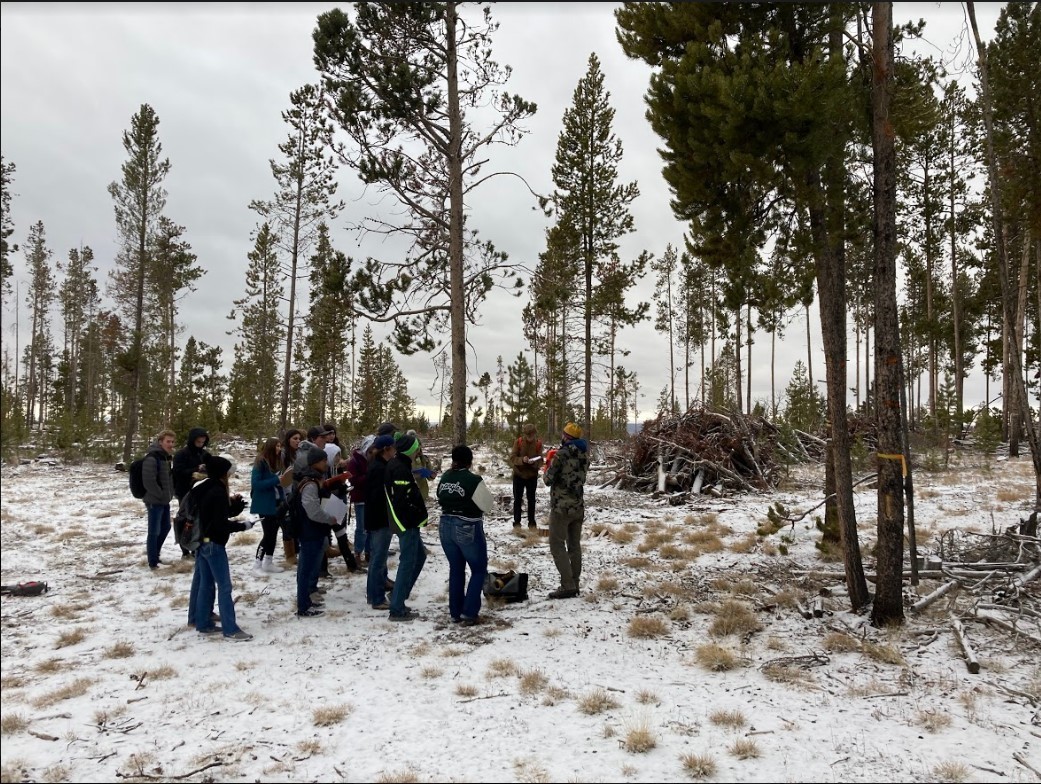
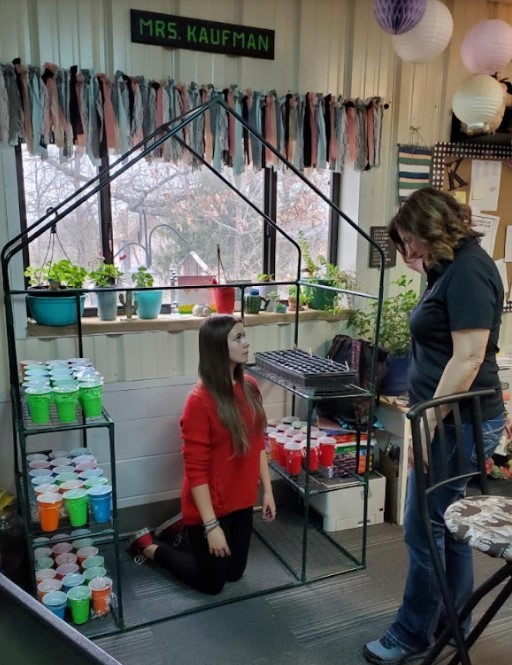
Amy Kaufman of Glenwood Elementary School, West Plains, MO is continuing her Place-Based Wealth and Poverty curriculum unit with her project. Kaufamn's students identified a need for increased nutritional food assistance within their school community.
Her project, "The Arena" will include three interconnected, educational sections: a greenhouse, a chicken coop, and a technology building. The greenhouse will provide hands-on opportunities for students to cultivate unique heirloom seeds and nutrition-dense, delicious food, season after season. Currently, Kaufman's students are watching their seedlings grow in the classroom, due to weather, but will soon be moving their plants outside and begin working in the greenhouse.
The chicken coop is currently under construction. Students have enjoyed tasks from weeding and making the land surrounding the coop functional, to pulling off the roof, patching areas and painting the coop. Students have identified objects from home that will serve as nests for the laying hens. Kaufman and her students hope to have the coop ready for chicken residents by the end of the year!
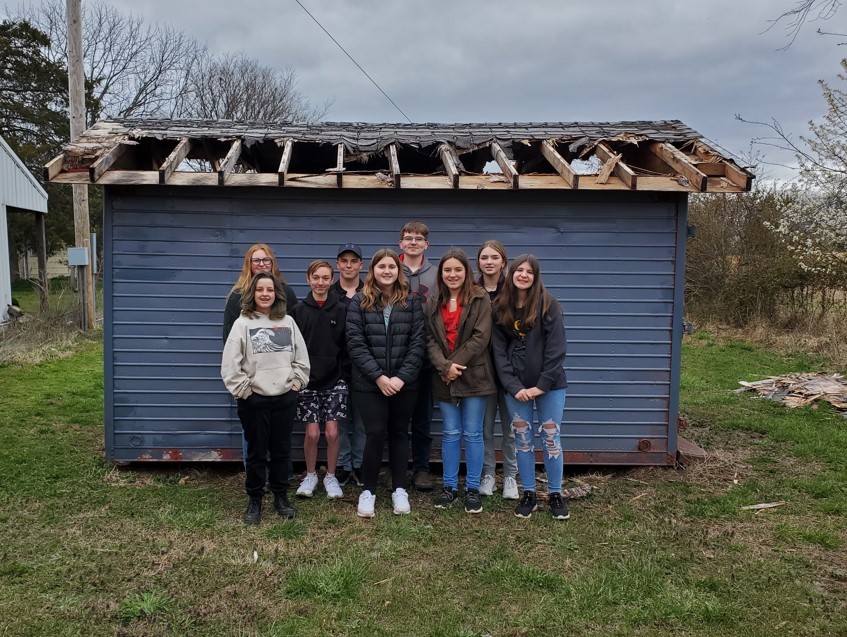
Students are also learning how technology is vital for farmers both in the field and in selling their products. Their goal for the technology center is to work closely with community partners to bring local and regional resources in support of their efforts to strengthen their school and community connections to create a cultural shift toward improved education, community health, and economic vitality. The students are experimenting with green screens, podcasts, photography and more. The technology center will be a great integration with their school's morning welcome message and connecting the community and partners when their greenhouse and chicken coop are up and running!
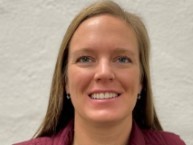
Lisa Wilt of Ohio, Illinois is helping her students take the lead on designing a landscape project that will make their building and town more attractive. Wilt and her students are not only doing this work around the school, but also nearby houses. Once the weather is a bit nicer they will start working with the businesses on Ohio's Main Street to do similar work. Currently, they are growing flowers, herbs and vegetables in the classroom from seedlings. The hope is that they can use the flowers around the school and town. The herbs and vegetables will be given to staff and community members.
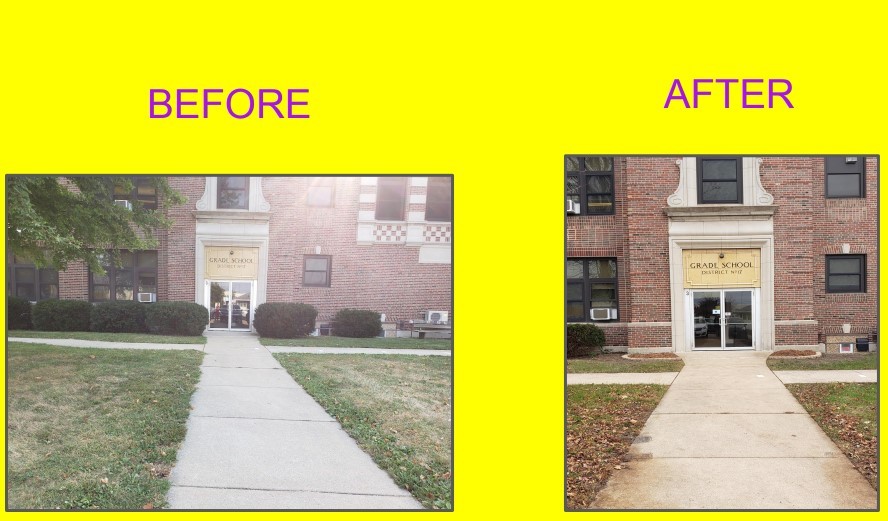
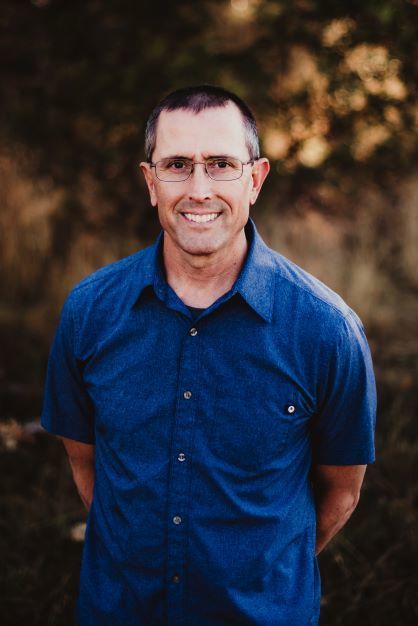
Andy Felt, of Southern Trinity High School, Mad River, CA. is getting his students out of the classroom to participate in his project, “Hiking Historic Homesteads.” On Wednesday, March 22, the class and Mr. Felt went to the North Fork of the Eel River near Ruth, CA. The primary focus of the trip was to document the changes to the site since the August-Complex Fire in 2020. The site was documented in 1971 and again in 1986. Since the fire, little is left other than the rock foundation, broken glass, and rusted cans. A hand-hewn log trough is still visible as it was partially protected from the flames by the spring. A pile of burnt roofing tin sits on the cabin site. The tin was added to the cabin after Augustus Russ no longer occupied the homestead. Some of the old fruit trees have survived the ravages of fires and black bears however, they look very tired.
Before going to Russ Place we ventured further down Rock Creek to see pit features that signify the location of former Native American dwellings. These are very prominent pit features as they were located on very rocky ground at the bottom of a scree field. Based on the location, condition, and minimal amount of chert chips used in making tools, it is likely that these pits are related to a refuge site. Refuge sites are camps that natives used to avoid being killed or sent to reservations by the settlers.
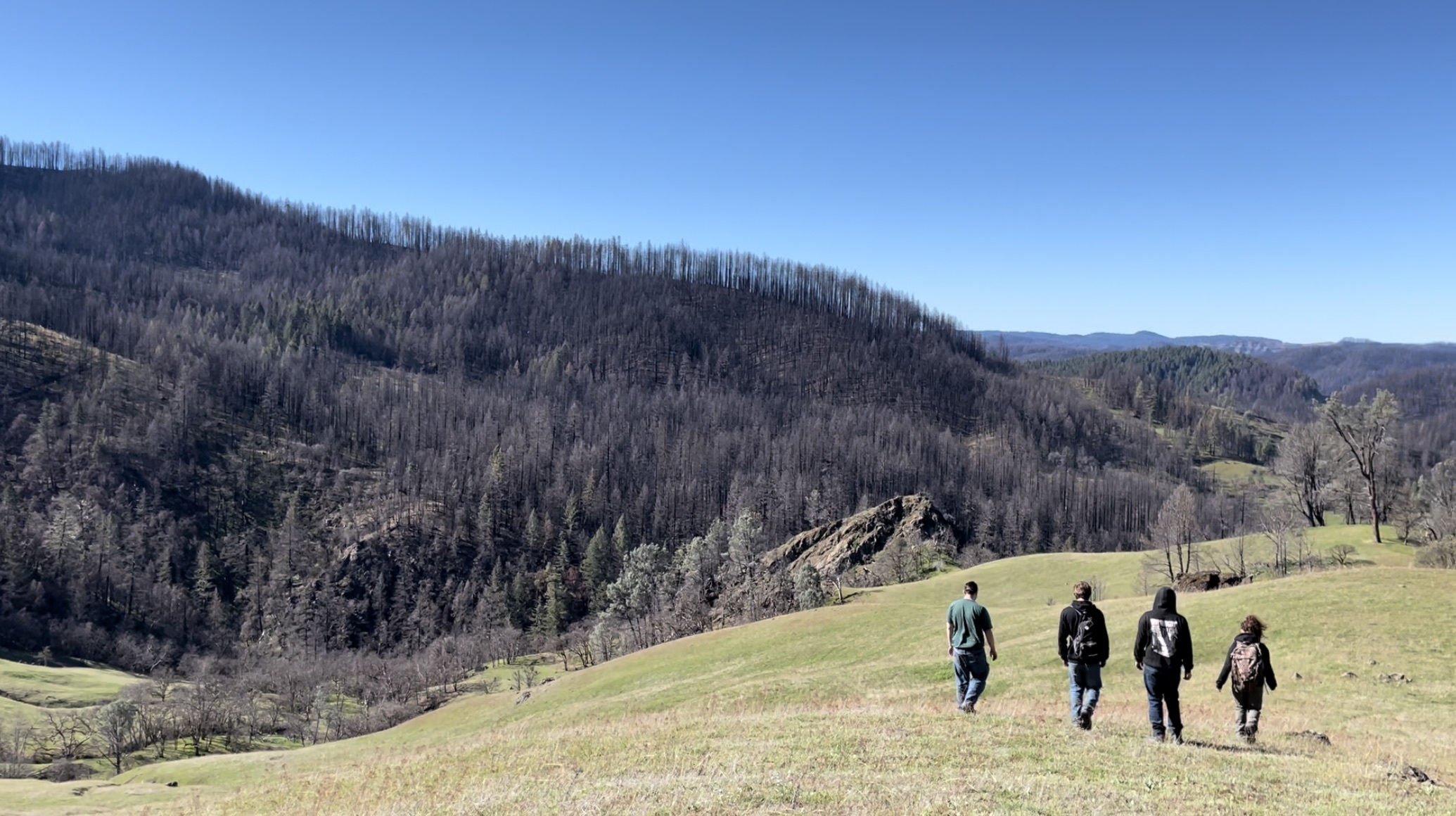
The refuge period only lasted for a brief period of time which accounts for the low quantity of stone tools. Unfortunately, the pits do not photograph well but are a sight to behold as approximately 12 of them are arranged on a slope.
Mr. Felt and his students have their big overnight hike planned for April 7th.
This year twelve Fellows from our Regional Hubs were selected to participate in the program throughout the 2021-22 school year. Because of the continued uncertainty surrounding the Covid-19 pandemic, the Celebration of Learning for the Celia B. Godsil Fellows will be held online. Each Celia B. Godsil Grants in Place Fellow will share a short presentation about their Fellowship experience and will show how the project impacted their students and their community. We hope you will mark your calendars and consider joining our virtual Celebration of Learning to take place on June 24th, 2022. Be sure to join our newsletter to keep up with details for the Celebration of Learning and much more!

The Grants in Place program is funded through the generous support from Celia and Mark Godsil in honor of Celia's career as a public school teacher and their belief in the importance of classroom teachers to rural communities. Celia and Mark reside in rural Knox County in Illinois.
